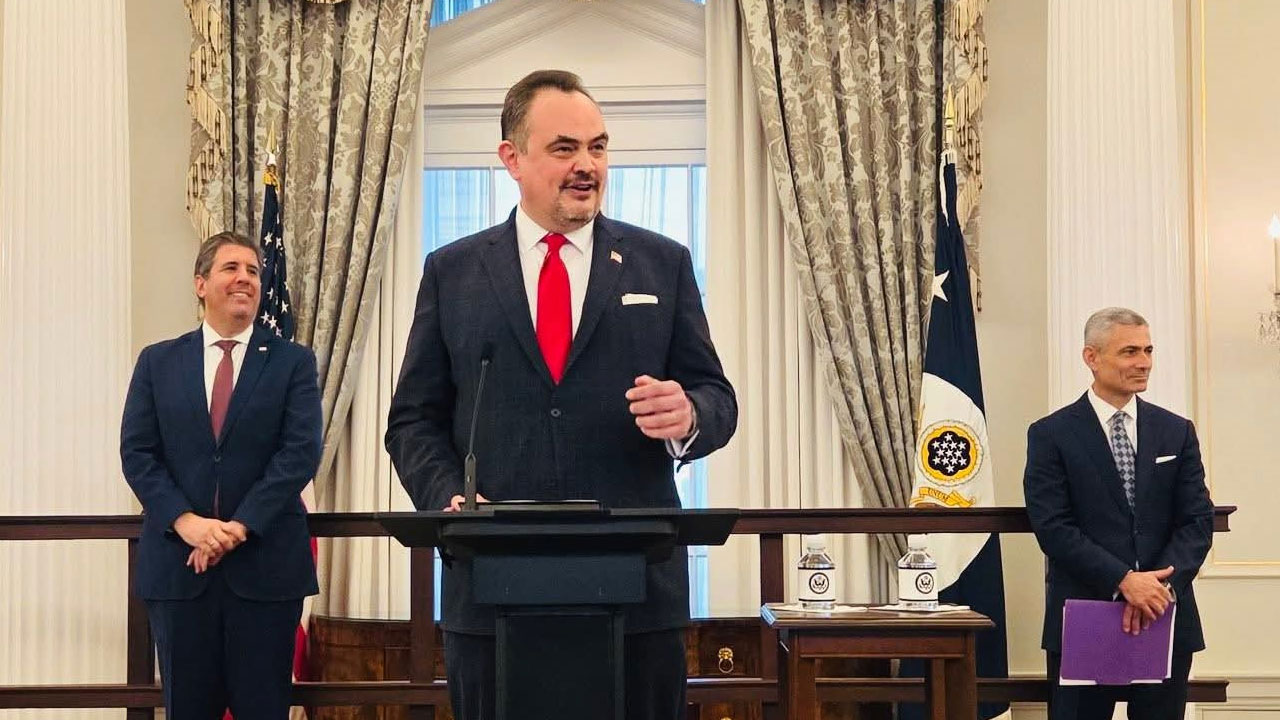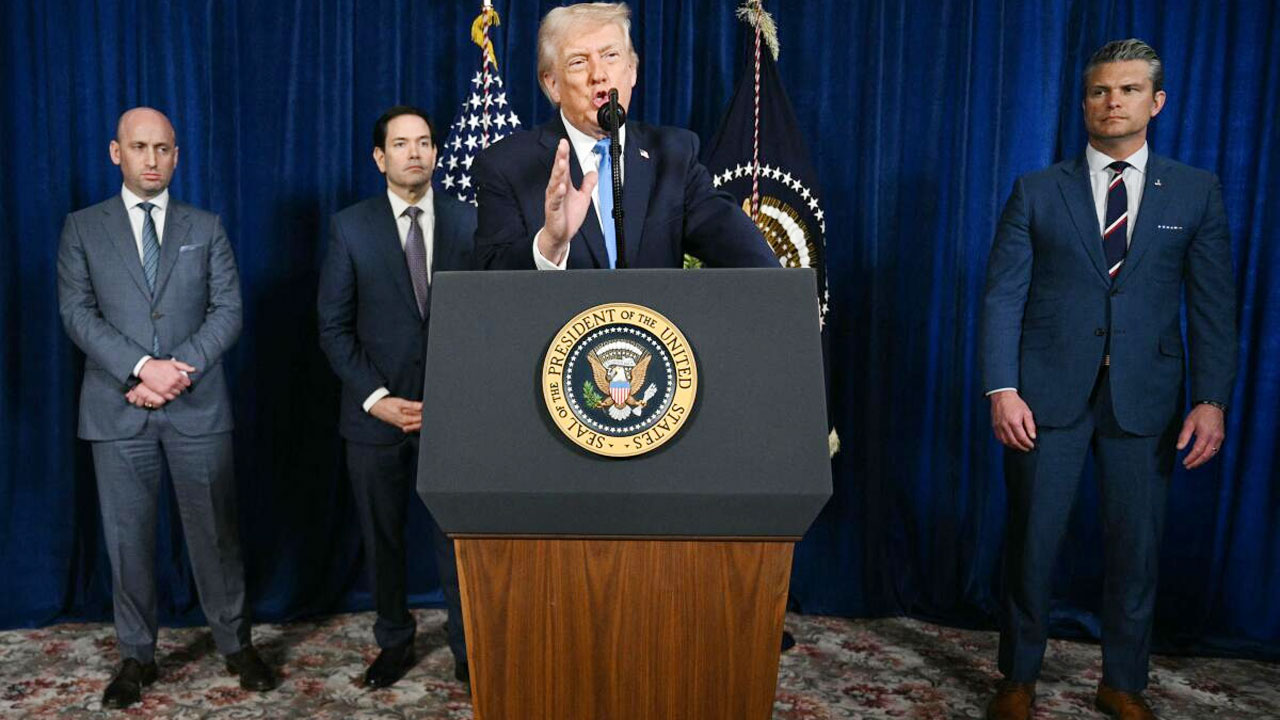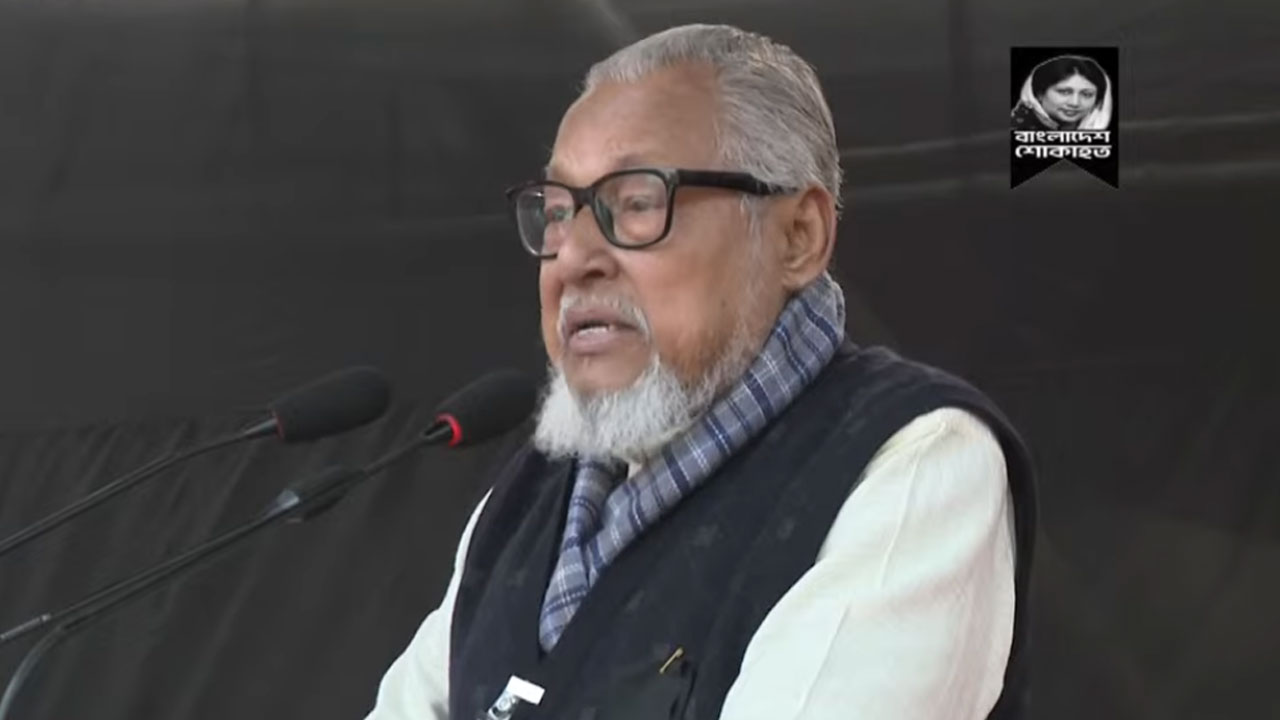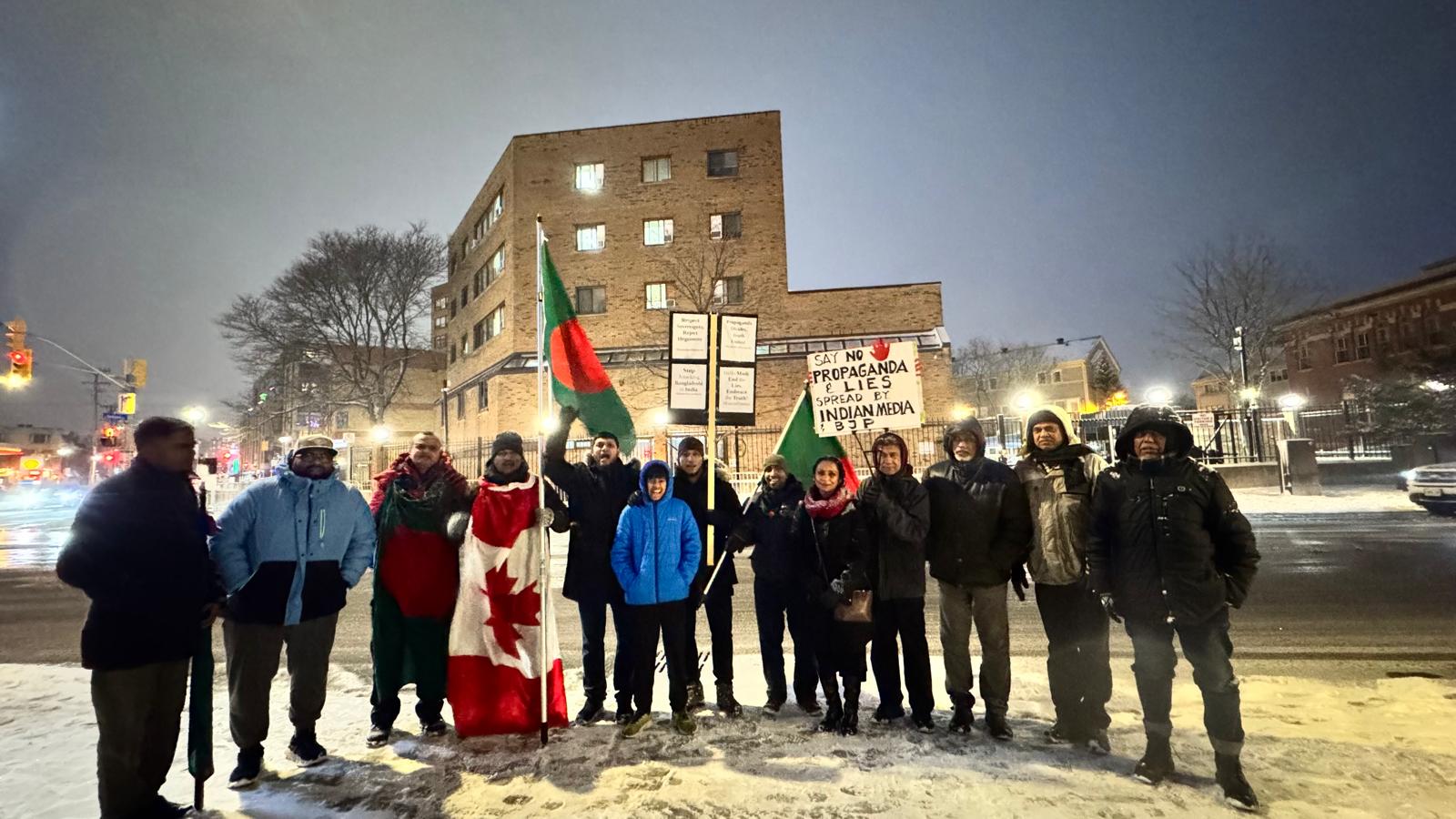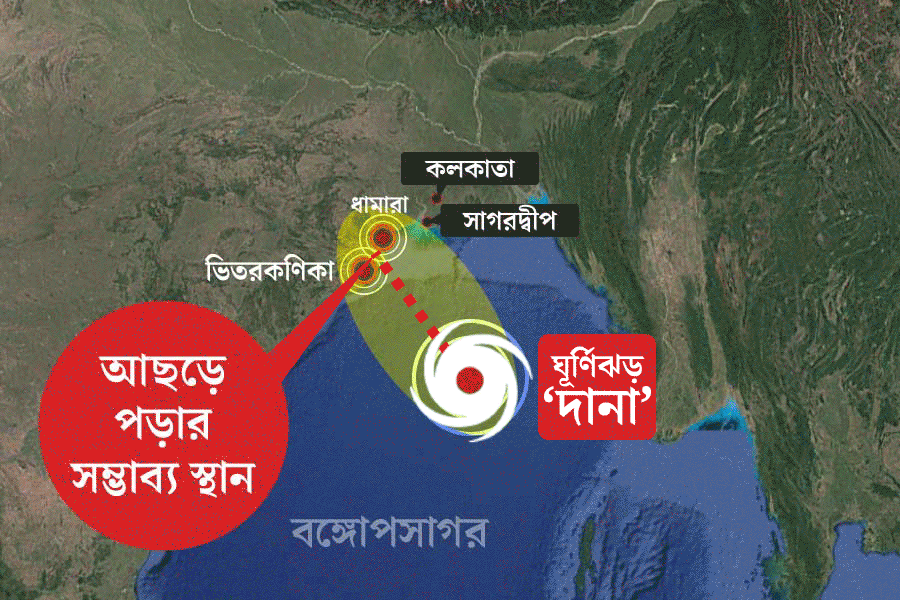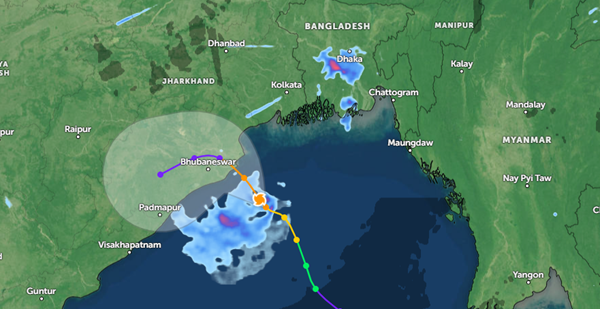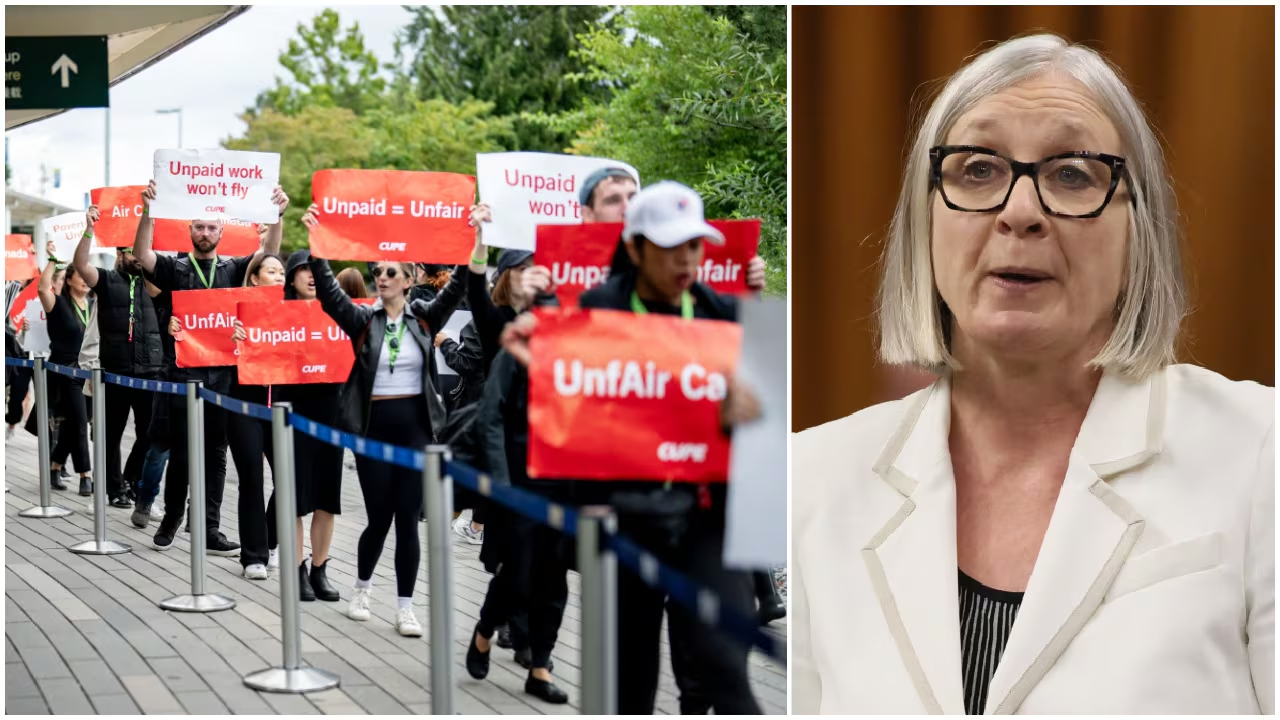
The Canadian government has once again used a contentious section of labour law to stop a major strike — a move unions say sets a dangerous precedent for labour relations in this country.
Federal jobs minister Patty Hajdu has invoked Section 107 of the Canada Labour Code to send Air Canada flight attendants back to work, less than 12 hours after they walked off the job.
Section 107 gives the minister unilateral authority to order the end of a work stoppage to "maintain or secure industrial peace."
"This is not a decision that I have taken lightly but the potential for immediate negative impact on Canadians and our economy is simply too great," Hajdu said at a news conference in Ottawa Saturday.
Hajdu used her powers to direct the Canada Industrial Relations Board to order both sides to return to work and to impose binding arbitration to reach a new collective agreement.
Air Canada had been asking the minister to stop the strike for days, pointing to recent government interventions in other labour disputes. The union had urged her not to, saying her decision "sets a terrible precedent."
"The Liberal government is rewarding Air Canada's refusal to negotiate fairly by giving them exactly what they wanted," the Air Canada Component of the Canadian Union of Public Employees (CUPE) wrote in a statement Saturday afternoon.
Hajdu defended her government's intervention on Saturday, saying Canadians had already paid a high price during other recent strikes and had sacrificed a lot in this uncertain economy.
"I absolutely reject the notion that our government is anti-union," she said.
"In a case like this, where multiple efforts have been made to conclude an agreement that satisfies both parties, and it is clear that they are at an impasse, it is very clear they need some help in arbitrating the final items."




